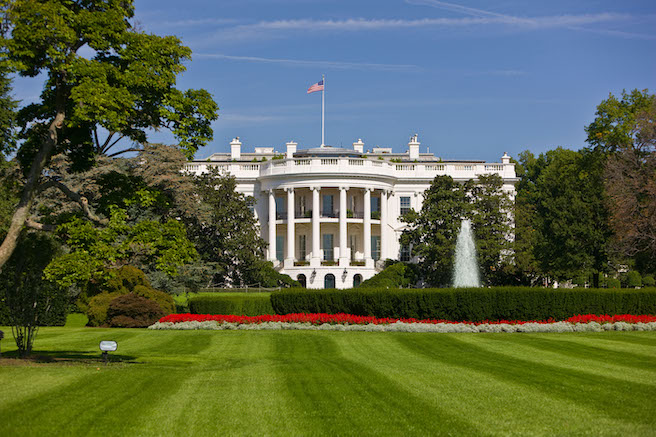Biden's Artificial Intelligence Executive Order Covers Broad Concerns
The executive order is ambitious and seeks to protect a variety of different groups that are most at risk from the irresponsible use of AI.
October 30, 2023

President Joe Biden has issued an executive order (EO) establishing new standards for AI safety and security, with an eye to also ensuring the privacy of American citizens.
To bolster AI safety and security standards, the EO will require developers of advanced AIs and large language models (LLMs) such as ChatGPT to share critical information, including safety test results, with the US government; develop standards and tools to ensure the safety of these AI systems; prevent AI-engineered dangerous biological materials; prevent AI-enabled fraud and deception; create a cybersecurity program to develop AI tools as well as address vulnerabilities; and require a national security memorandum to be drafted by the National Security Council and the White House chief of staff.
While it's an ambitious agenda, Jake Williams, former US National Security Agency (NSA) hacker and faculty member at IANS Research, commented that these orders are largely intended to protect society as a whole and will have little impact on organizations.
"The EO places emphasis on detection of AI-generated content and creating measures to ensure the authenticity of content," Williams noted in an emailed statement. "While this will likely appease many in government who are profoundly concerned about deepfake content, as a practical matter, generation technologies will always outpace those used for detection. Furthermore, many AI detection systems would require levels of privacy intrusion that most would find unacceptable."
President Biden has also requested that Congress pass bipartisan data legislation that would be aimed at validating data collection processes; strengthening research and technology that protects user privacy; prioritizing "privacy-preserving techniques," and developing guidelines for federal agencies to adhere to and evaluate the effectiveness of such techniques.
Referring to the issue of AI bias, the EO also seeks to advance equity and civil rights, as "irresponsible uses of AI can lead to and deepen discrimination, bias, and other abuses in justice, healthcare, and housing" — as well as protect consumers, patients, students, and support workers whose jobs may be in danger with the changes AI could bring to the workplace.
"Perhaps the most significant contribution of the EO is dedicating funding for research into privacy preserving technologies with AI," Williams said. "The emphasis on privacy and civil rights in AI use permeates the EO. At a societal level, the largest near-term risk of AI technologies is how they are used and what tasks they are entrusted with."
Lastly, the Biden administration said that it seeks to promote innovation and competition, to work with other countries to further the use of safe and secure AI on a global scale, and to ensure responsible government use of AI.
A fact sheet released by the White House stated that the Biden administration has consulted with other countries to develop AI governance frameworks, and that it will continue to work with Congress to create bipartisan legislation as more action will be required in the future.
This executive order comes after a meeting at the White House in July along with seven leading tech companies to announce the collective commitment to developing safe and secure AI technology.
About the Author(s)
You May Also Like
Beyond Spam Filters and Firewalls: Preventing Business Email Compromises in the Modern Enterprise
April 30, 2024Key Findings from the State of AppSec Report 2024
May 7, 2024Is AI Identifying Threats to Your Network?
May 14, 2024Where and Why Threat Intelligence Makes Sense for Your Enterprise Security Strategy
May 15, 2024Safeguarding Political Campaigns: Defending Against Mass Phishing Attacks
May 16, 2024
Black Hat USA - August 3-8 - Learn More
August 3, 2024Cybersecurity's Hottest New Technologies: What You Need To Know
March 21, 2024




